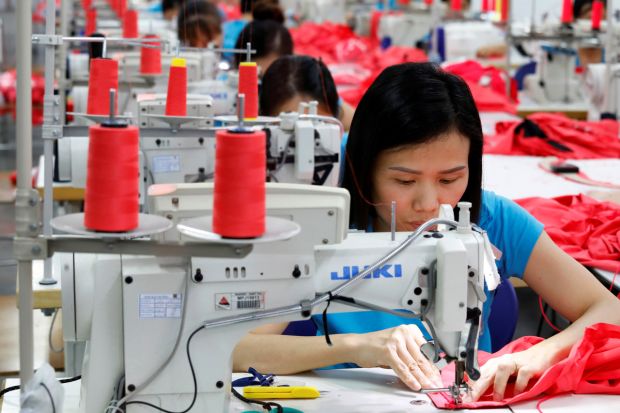Structural transformations more important than ever for ASEAN: AMRO
ASEAN+3 growth is expected to reduce sharply to 2 per cent in 2020, followed by a strong rebound to 5.5 per cent in 2021, said ASEAN+3 Macroeconomic Research Office (AMRO) on Tuesday, with the launch of its annual flagship report.
The ASEAN+3 region includes the 10 ASEAN members and China, Hong Kong, Japan and Korea.
ASEAN economies are meanwhile expected to weaken sharply and grow at an average of 1.1 per cent in 2020, before recovering to 5.2 per cent in 2021.
“Although in its fourth edition, the preparation of this chapter has been an almost impossible task this year. We have revised our growth projections significantly downward within three weeks of the data cut-off date on March 16 as new—and sometimes startling—information emerges,” said Hoe Ee Khor, AMRO’s chief economist.
“Although the issues and trends covered in the report remain germane, AMRO anticipates that the COVID-19 pandemic will become the unravelling thread that ties several (formerly) tail risks together.”
To sustain growth in the region, the report, the ASEAN+3 Regional Economic Outlook (AREO 2020), took on a number of major trends, including:
1. The fourth industrial revolution: While regional economies can continue to leverage manufacturing-for-export to advance up the technological ladder and become more competitive, it is equally important to develop the services sector in tandem as the transition to transition to a technology- and services-driven new economy calls for new growth approaches.
2. The rise of “Factory Asia” and “Shopper Asia”: The region has become a strong source of final demand for both goods and services and provides economies with a strong base to continue embracing the global production network and global marketplace.
3. Growing regional integration: Policymakers need to broaden and quicken their efforts in developing human capital, facilitating freer cross-border flow of skilled labour and professionals, and updating rules governing trade.
A fresh interpretation of “social safety net” is also necessary, particularly in view of the growing importance of the gig economy, noted the report. It is crucial for regional governments to put in place stronger social safety nets in conjunction with efforts to enhance the regional financial safety net.
“The global tragedy of the COVID-19 pandemic reminds us of our collective destiny and challenges the region to demonstrate its resilience and commitment to come up with solutions that safeguard and strengthen our long-term interests. The capacity to rise to the challenge is not in doubt, and the will to shape our future together is strong,” said Dr Khor.


 English
English




